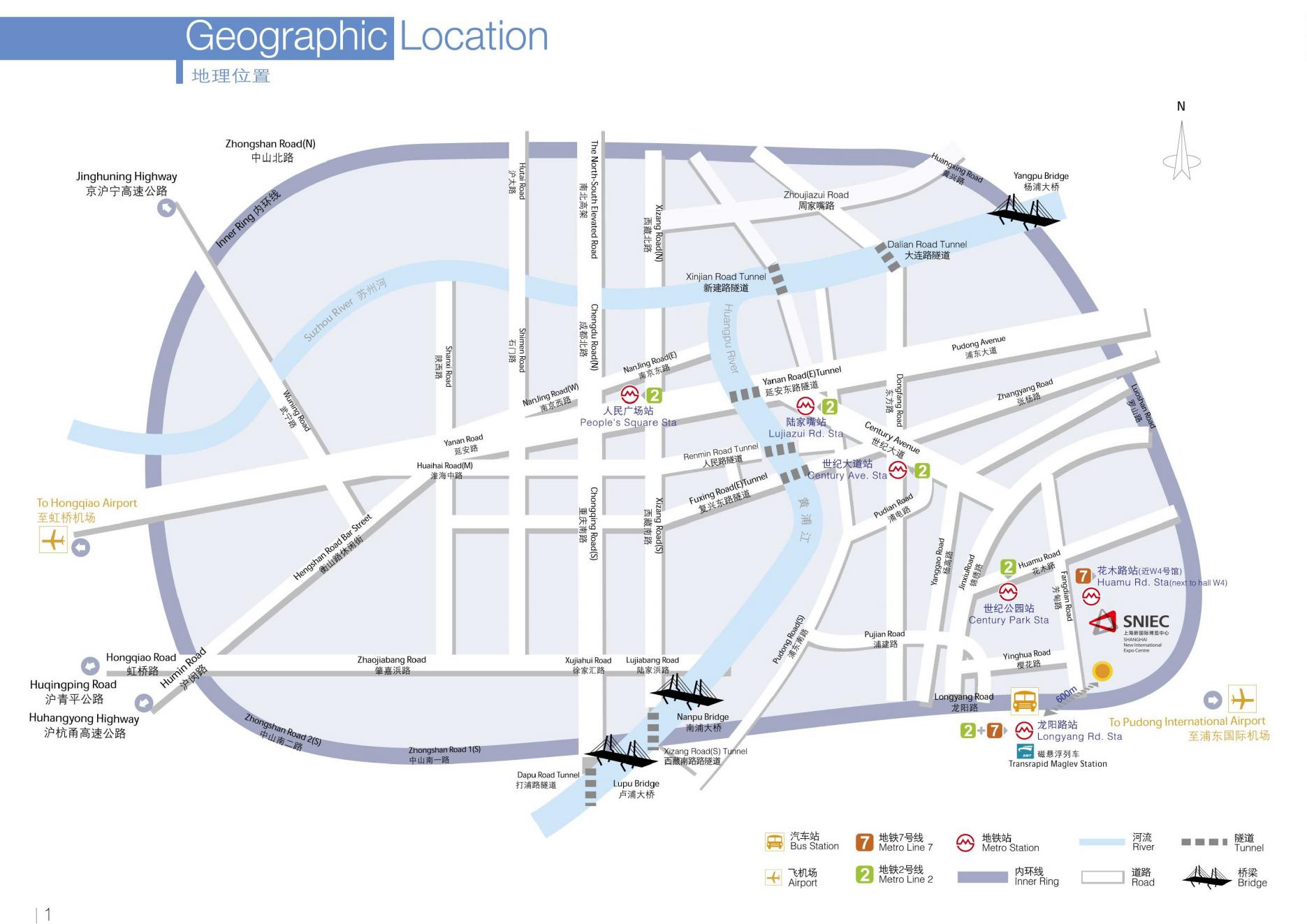On March 28, 2025, Shenzhen Guoxin IoT Technology Co., Ltd. (hereinafter referred to as "Guoxin IoT"), China's leading radio frequency identification (RFID) chip research and development company, held its 2025 strategic new product launch conference in Shanghai, officially launching the third-generation RFID reader chip and announcing that its key performance indicators are comparable to similar products in Europe and the United States in real application scenarios, marking a major technological breakthrough for Chinese companies in the field of RFID core chips.

On the same day, Guoxin IoT released two RFID handsets with leapfrogging performance and three readers for different application scenarios, and demonstrated intelligent reading and writing solutions equipped with AI algorithms. The company also announced the next-generation technology roadmap. While continuing to improve and optimize the third-generation chip, it will promote 40-nanometer mobile phone RFID chips and fully integrated chips (alternative module solutions) to achieve comprehensive innovation and technological breakthroughs in China's "core".
World's fastest! The reading and writing speed of the third-generation RFID chip is comparable to that of Europe and the United States
Guoxin IoT CEO Wang Zhucheng introduced at the press conference that the sensitivity of the latest third-generation RFID reader-writer chip has been increased to -86dBm, achieving a leapfrog breakthrough in reading speed. It only takes 1.5 seconds to read 1,000 tags, and its performance is comparable to that of international competitors.
"Our R&D team has repeatedly tested and verified in the real application scenarios of customers that the third-generation chip can read more than 100 tags in 10 seconds than representative European and American competitors." Wang Zhucheng said, "This fully proves that Guoxin IoT's latest chip has become one of the fastest RFID reader-writer chips in the world."
Dr. Xiong Lizhi, R&D Director of Guoxin IoT, introduced that Guoxin IoT's third-generation chip is not only the world's fastest, but also deeply integrated with AI technology, giving RFID devices intelligent judgment capabilities. The read-write chip equipped with AI algorithm can accurately identify "tag position", "tag distance" and "tag dynamic changes", and provide real-time feedback to the background big data system. In the future, this innovative technology will be widely used in smart logistics, unmanned retail, smart manufacturing and other fields, greatly improving the efficiency of automated management. "In the future, super-large logistics centers, airports, and ports will realize full-process digital management. Through RFID technology + AI computing power empowerment, the flow of every piece of goods and every piece of luggage can be accurately tracked in real time." Dr. Xiong Lizhi emphasized, "AI technology allows RFID to move from simple 'identification' to more advanced 'cognition'. AI technology gives IoT chips a brain and wings. This is a revolutionary progress in the industry!"
Looking to the future! Entering the consumer market and subverting the module form
Wang Zhucheng further revealed Guoxin IoT's next-generation technology roadmap. He said that the company is developing a 40-nanometer RFID mobile phone chip, which will open up application scenarios in the consumer electronics field and realize product anti-counterfeiting, traceability, data collection and other functions. It is reported that Guoxin IoT's RFID mobile phone chip is expected to launch samples in the third quarter of 2025.
RFID mobile phone chips are not only more compact in size and lower in power consumption, but also have more competitive price advantages, striving to open up the C-end application market. It is worth noting that the international chip giant Qualcomm is also actively deploying the RFID mobile phone chip market.
At the press conference, Guoxin IoT also announced the technical innovation solution of the fifth-generation integrated chip. Dr. Xiong Lizhi said that the future RFID integrated chip will subvert the existing RFID module form, and by realizing chip-level integration of peripheral high-cost components, a highly integrated module chip with "low cost", "small size" and "comprehensive functions" will be created. This breakthrough achievement is expected to promote the overall upgrading of industry technology and inject innovative vitality into the field of smart terminals.

In the on-site demonstration, two handheld devices with leaps in performance also became the focus of attention on the spot with their powerful data processing capabilities and excellent reading speed. These two handheld devices not only optimize the human-computer interaction experience of the device, but also achieve efficient and stable operation in complex environments through multiple technical upgrades. The three readers and writers for different application scenarios are respectively aimed at logistics, retail and industrial automation, and have launched core functions such as high sensitivity, ultra-long reading distance and multi-tag parallel recognition, which fully meet the needs of industry users for accurate and efficient solutions. Its overall performance is in an absolute leading position among peer products.
Guoxin IoT said that it will continue to adhere to independent innovation in the next step and is committed to promoting China's RFID industry to maintain its leading position in the global market. The latest RFID reader chip released this time not only achieved a technological breakthrough, but also won more voice for Chinese companies in the global Internet of Things chip field.
**About Guoxin IoT**
Guoxin IoT was established in 2015 and is a nationally certified high-tech enterprise. With independent innovation as its engine, it has deeply cultivated the core technology field of radio frequency identification (RFID) and built a full industrial chain layout from chip design and development to reader and writer manufacturing.
This paper is from Ulink Media, Shenzhen, China, the organizer of IOTE EXPO (IoT Expo in China)


















